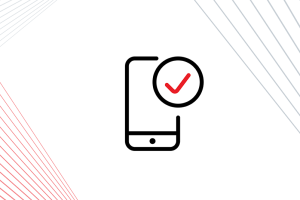During this six-week online certificate led by Jarvis Sam, Professor of the Practice at Brown’s School of Professional Studies, you and your peers will learn best practices in DEI that will help you create a more inclusive culture within your team and organization. You will examine diversity initiatives as it relates to race, sexual orientation, gender identity, religious beliefs, nationality and disability status.
You will be immersed in a highly-interactive learning environment featuring cutting-edge case studies, lectures, discussions and peer-to-peer collaboration.
